News
Misuse of pain killers among health professionals disturbing
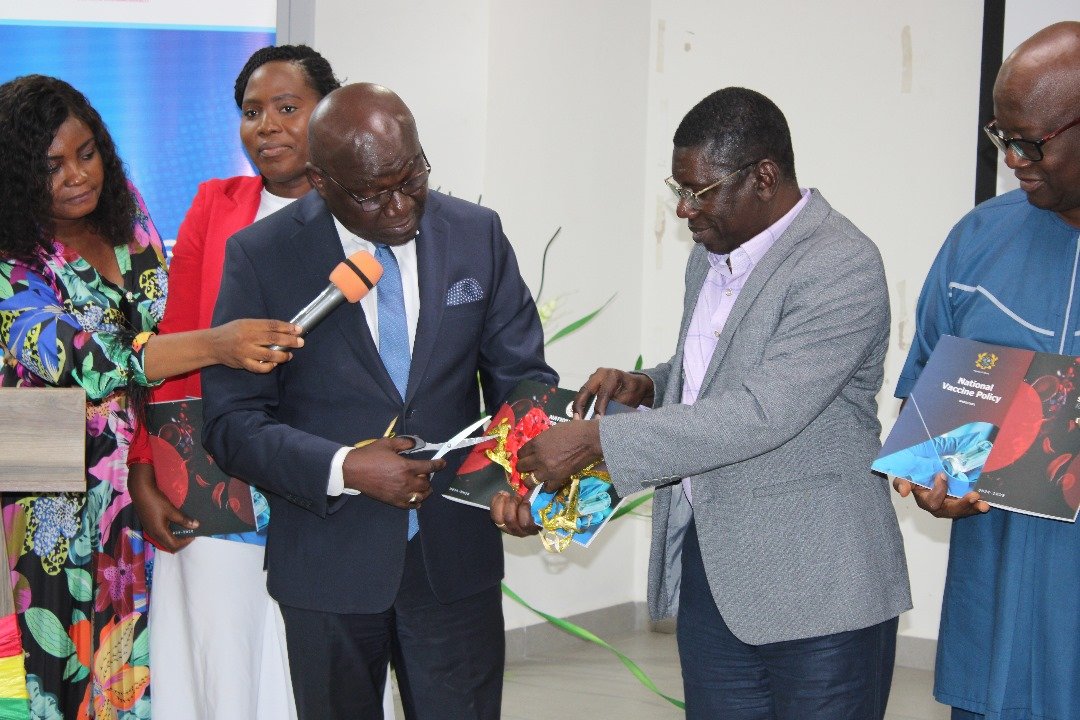
Dr. Dairus Osei, Technical Advisor to the Ministry being assisted to cut the ribbon and launch the documents
The Komfo Anokye Teaching Hospital (KATH) has expressed concern about what it describes as “disturbing rise in incidence of misuse and abuse of opioids even among healthcare professionals.”
Opioids are a class of drugs that are commonly used to treat pain, but they can also be highly addictive and dangerous.
The Chief Executive Officer (CEO) of KATH, Professor Otchere Addai-Mensah, who expressed the concern, intimated, “opioid misuse within the healthcare sector poses health risks.”
Speaking at the opening ceremony of a two-day workshop on the rational use of drugs in Kumasi, he said the “rational use of drugs is of paramount importance in any health care setting as it is a proven indicator of the quality of clinical services rendered by health facilities.”
He urged medical officers, including pharmacists to prescribe and administer pain killers, popularly referred to as opioids, with caution because, in their bid to help patients deal with pain “there is a temptation to prescribe medications that could jeopardise the state and health conditions of patients.”
According to him, pain was one of the most common medical complaints on earth and could adversely impact on the physical, psychological and emotional wellbeing of sufferers, resulting in a number of debilitations including sleeplessness, immobility, poor appetite and general reduction in the quality of life.
However, he noted that many chronic sufferers did not have access to effective pain management for a variety of reasons, including limited access, restrictions, personal and cultural biases and misconceptions about the use of opioids.
He indicated that the widespread use of opioids in contemporary pain management practices has become one of the most complex and globally challenging topics in medical care.
“But as health workers, daily experiences in the use of opioids for pain management has not only brought to the fore of the critical role they play in alleviating unbearable suffering among patients but the distinct challenges that come with them,” he lamented.
These challenges, he reiterated, included clinical access issues, regulatory pressures and, “currently, the disturbing rise in the incidence of their misuse and abuse even among healthcare professionals.”
On her part, Madam Olivia Agyekumwaah Boateng, a Director at the Food and Drugs Authority (FDA), asked medical practitioners to take interest in opioids prescribed by pharmacists to their patients.
She noted that currently, the International Narcotics Control Authority, having realised the wanton use of opioids by some unscrupulous people has worked on regulating the supply of same to nations across the world.
The workshop is aimed at sensitising the KATH’S core health care professionals involved in the prescription, dispensing and administration of medications on the contemporary practices in the rational use of medicines.
From Kingsley E. Hope, Kumasi
News
Oguaa goes gay with Fetu Afahye
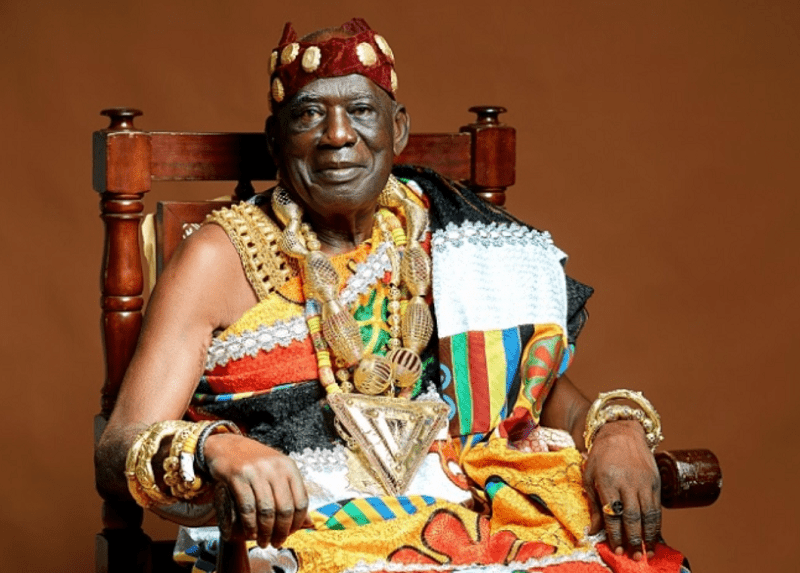
The ancient city of Cape Coast, one of Ghana’s historical cities, witnessed a showcase of the rich cultural heritage of the Oguaa people with an exciting, colourful, and traditional event to mark the celebration of the 61st annual Fetu Afahye.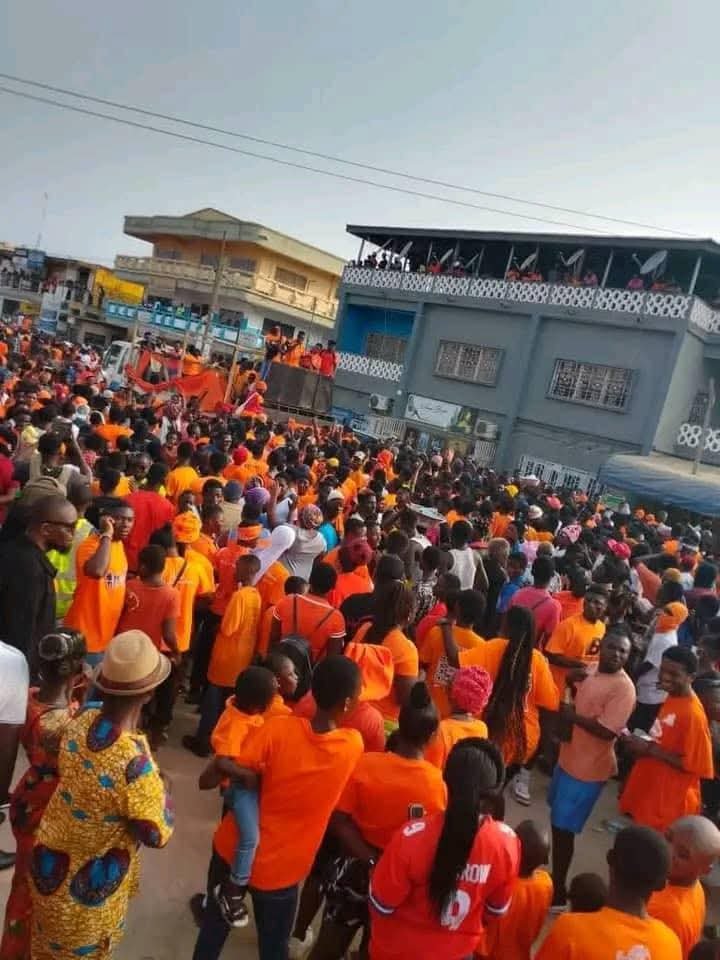
Themed “Innovate to elevate: Harnessing the creative economy for sustainable growth”, the festival featured a vibrant lineup of events, interspersed with several cultural performances showcasing the traditions which depict the traditional, historical and ancestral heritage of the land.
It witnessed a colourful procession of chiefs and various Asafo companies from the Mfantsipim School junction through the principal streets of the town to the Jubilee Park, accompanied by drumming and traditional dances.
The chiefs and members of the asafo companies were adorned in regal attire symbolising the pride and unity of the community.
Fetu Afahye demonstrates Oguaa’s resilience, unity, and cultural pride as the town welcomed indigenes both within and outside, as well as people from far and near, desirous of participating in the festival.
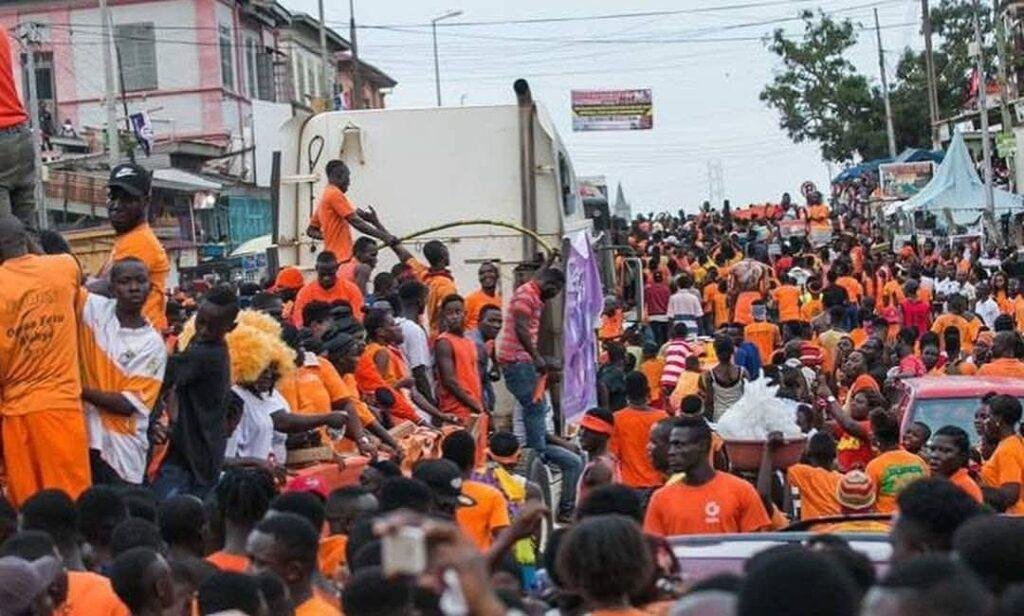
Various public spaces, including eateries and pubs, attracted patrons, and streets within the town witnessed bustling events with music blaring from the loudspeakers that had been placed by the roadside.
Bakatue
Prior to the durbar was the Bakatue regatta, a canoe race on the Fosu Lagoon, organised by ATL, a campus-based radio station located within the University of Cape Coast (UCC) in collaboration with the Oguaa Traditional Council.
The event saw a thrilling spectacle as the three Asafo companies, Nkum No. 4, Bentsir No. 1, and Anaafo No. 2, battled aggressively on the Fosu Lagoon. Nkum No. 4 earned nine points to clinch the trophy, medals, and a cash prize. They were followed by Anaafo No. 2 with five points, while Bentsir No. 1 finished third with four points.
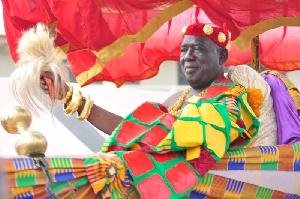
Orange Friday
Friday witnessed what has come to be known as the biggest street carnival in Ghana, known as ‘Orange Friday.’
It drew hundreds of people across the country. Clad in orange attires, the patrons gathered and moved through the streets of the town, creating a gridlock.
The Paramount Chief of the Oguaa Traditional Area, Osaberimba Kwesi Atta II, at the durbar of chiefs to climax the festival acknowledged the unifying factor in relation to culture among Africans and stated the need for Africans to take their destinies into their own hands.
He explained that festivals such as Fetu Afahye offer an opportunity for Africans to remind themselves of the future by working hard and embrace the future in order not to be taken by events.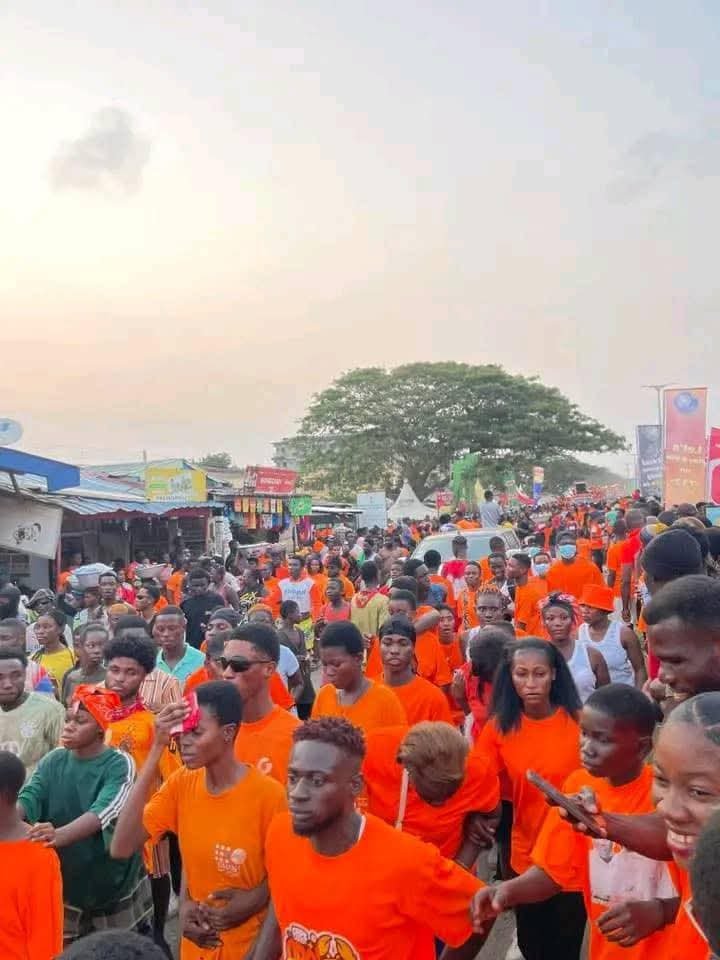
The Vice President, Prof. Naana Jane Opoku-Agyemang, in a speech read on her behalf, noted that the festival was far more than a ritual or an annual duty, saying, “It is an affirmation of an identity, a homecoming and a powerful testimony to the wisdom and fortitude of our forebears”.
In his remarks, the Special Guest of Honour, the Olu of Warri State in Nigeria, Ogiame Atuwatse III, indicated that, the only thing holding Africans back was Africans themselves, which he said, was in the area of an African identity, and acting on that identity.
From David O. Yarboi-Tetteh, Cape Coast
Join our WhatsApp Channel now!
https://whatsapp.com/channel/0029VbBElzjInlqHhl1aTU27
News
Chief Imam issues disclaimer on unauthorised petitions
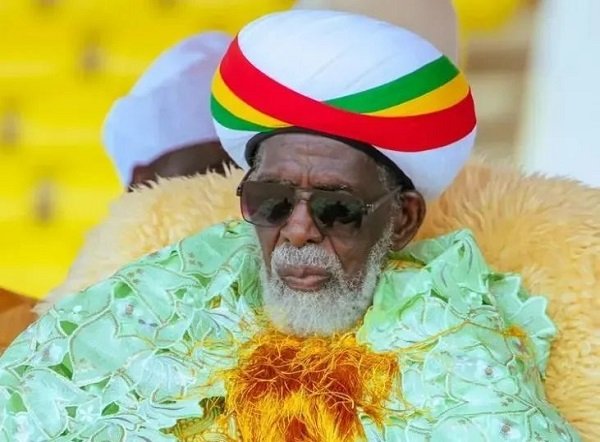
The Office of the National Chief Imam has warned Muslim organizations and individuals against issuing statements and petitions to the Government in his name without permission.
In a statement, the Chief Imam said he had observed that some groups had been circulating petitions, including a recent one on Hajj, using his name without authorization.
He stressed that such actions were unlawful and cautioned those involved to stop or face the law.
The Chief Imam reminded the public that on October 4, 2022, he, together with the National Imams of all Muslim sects, signed a deed and presented it to the Government at the Jubilee House.
The agreement recognised the National Muslim Conference of Ghana as the official body representing Muslims in their dealings with state institutions.
He urged that any petitions meant to be sent to the Government in his name should go through the National Muslim Conference of Ghana with the approval of the Advisory Board of his office.
By: Jacob Aggrey








